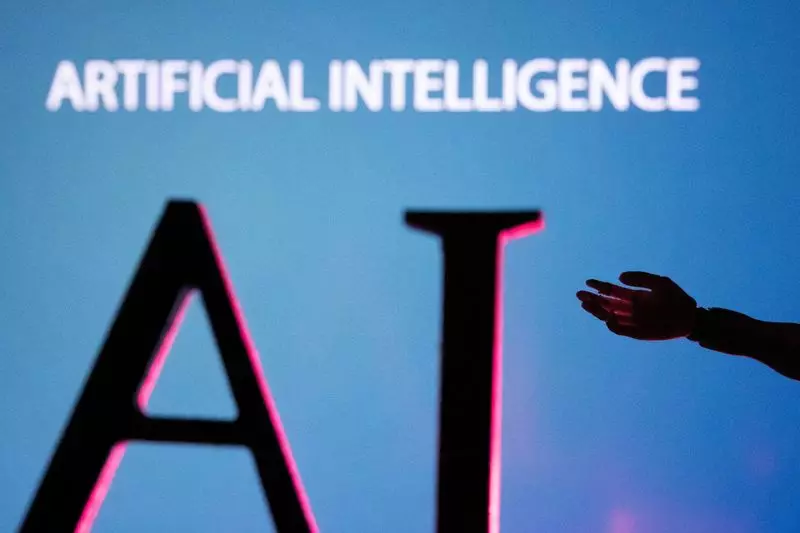According to a recent report from PwC, sectors that are embracing artificial intelligence are experiencing a significant boost in productivity compared to those that are not. The report reveals that professional and financial services, as well as information technology, have seen a productivity growth rate of 4.3% between 2018 and 2022. In contrast, sectors like construction, manufacturing, and retail have only seen a 0.9% increase in productivity during the same period.
This surge in productivity within AI-driven sectors has raised hopes for a broader positive impact on the economy. PwC suggests that this trend could potentially help countries overcome the challenge of low productivity growth, leading to overall economic growth, increased wages, and improved living standards. Carol Stubbings, leader of PwC Global Markets and Tax & Legal Services, points out that sectors with higher productivity are also witnessing a surge in job ads for individuals with AI skills, indicating the significant role of AI in driving productivity.
While the benefits of AI in enhancing workforce productivity are evident, there are challenges that come with rapid technological advancement. Stubbings highlights the speed at which AI is transforming industries, particularly with the introduction of generative AI that can be utilized by individuals with no prior AI expertise. The rapid pace of change poses a challenge for businesses to adapt quickly to these advancements in order to leverage the full potential of AI.
The International Monetary Fund has warned about the disruptive impact of AI on the global labor market, likening it to a tsunami that could affect up to 60% of jobs in advanced economies within the next two years. As the adoption of AI continues to grow, the demand for individuals with AI skills is also on the rise. The PwC report indicates that jobs requiring AI expertise come with a premium, with an average of 25% in the U.S. and 14% in Britain.
The integration of artificial intelligence into various sectors is reshaping the workforce landscape by driving productivity growth and creating new job opportunities. While there are challenges associated with this technological transformation, the potential benefits for the economy and society are substantial. It is crucial for businesses and policymakers to anticipate and manage the impact of AI on the workforce to ensure a smooth transition into the future of work.

